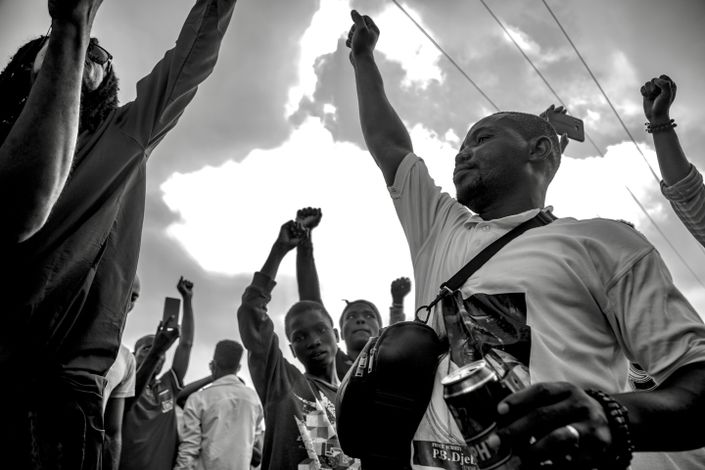
Planning for Advocacy
Influence policy, mobilize resources, and drive social change through strategic campaigns for communities and causes. Online certificate course.
Self-Study Certificate Course
Start: Immediate Access
Time: Around 10 hours to complete
When Good Intentions Aren't Enough
A poorly planned advocacy effort can do more harm than good, potentially harming the communities you aim to support and undermining your cause. This training equips you with the skills to design effective advocacy campaigns that drive positive social change, whether you're addressing unmet needs, reversing harmful situations, or shifting public opinion. Through successful advocacy, you can:
- Influence policy changes for marginalized groups
- Mobilize resources for underfunded programs
- Protect community assets and rights
- Build public support for critical issues
Gain the expertise to:
- Understand Advocacy Fundamentals: Master the core principles of advocacy, distinguishing it from service-oriented approaches, and learn how to assess readiness for effective advocacy efforts
- Set Objectives and Plan Strategically: Conduct research to gather critical insights, define clear advocacy goals, and develop targeted campaigns that align with stakeholder interests and broader social contexts
- Engage Stakeholders and Build Coalitions: Navigate power dynamics to identify allies, address opposition, and foster inclusivity and solidarity across diverse communities
- Implement Tactics for Change: Leverage effective communication, grassroots organizing, and media strategies to influence policy and drive impactful social change
How You'll Learn
This self-paced course combines video lessons, practical exercises, and assessments:
- Video presentations with downloadable transcripts and handouts
- Practical templates and tasks for immediate application
- Reflection exercises to adapt concepts to your context
- End-of-module knowledge checks
- Certificate upon completion
Course developed and presented by Neil Kendrick, founder of ELD Impact, with 25+ years of experience training humanitarian professionals across 20+ countries
Program Overview
Click any module to see content
- Getting Started
- Pre-Course Self-Assessment: Rate Your Current Skills
- Course Introduction
- What is Advocacy?
- The Difference Between Advocacy and Service
- When to Get Involved in Advocacy?
- Survival Skills for Advocates
- Progress Assessment
- Reflection & Application
- Preparing for Advocacy
- Conducting Advocacy Research
- Setting Advocacy Goals and Objectives
- Progress Assessment
- Reflection & Application
- The Advocacy Tactics Spectrum
- Advocacy Tactics Practical Exercise
- Matching Tactics with Your Goal and Context
- Progress Assessment
- Reflection & Application
- Your Power Base
- Identifying and Engaging with Allies
- Identifying and Dealing with Opposition
- Building Wider Understanding
- Progress Assessment
- Reflection & Application
- Building your Advocacy Plan
- Course Review
- Final Self-Assessment: Reflect on Your Progress
- Final Reflection and Action Planning
- Course Discussion Forum
- Your Next Steps
Want to try before purchasing? Access this course and 9 others in the Academy. Individual subscriptions $29/month—cancel anytime. Go to Academy →
